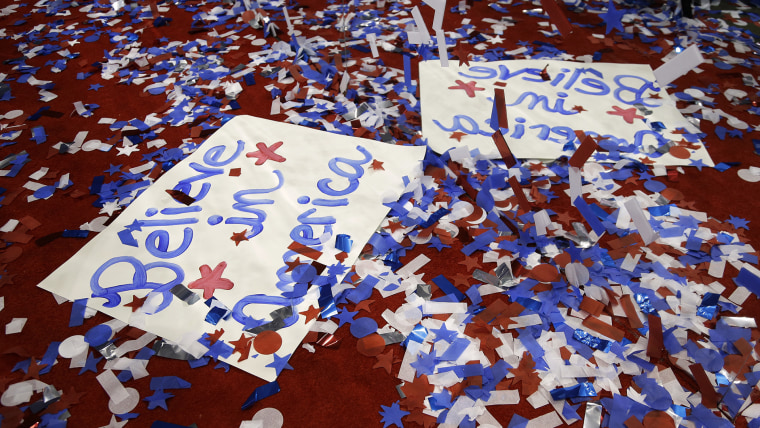There's a chance that the race for the Republican presidential nomination will be less complicated -- and less dramatic -- than some of the recent speculation has suggested. It's possible that Donald Trump, who already has about 750 delegates, will reach the 1,237 threshold before the convention and Cleveland will be a simple, albeit bizarre, affair.
But there's also a chance that by the time the primary/caucus process wraps up in June that no candidate will have wrapped up 1,237 delegates -- at which point the race will enter a very unusual dynamic.
Between the end of the nominating contests and the start of the Republican National Convention in Cleveland, a different kind of race will begin, in which candidates start making direct appeals to unaffiliated delegates whose support, in theory, could put a presidential hopeful over the top on the first ballot.
Under regulations established in the 1980s, delegates cannot take money from corporations, labor unions, federal contractors or foreign nationals. But an individual donor is permitted to give a delegate unlimited sums to support his or her efforts to get selected to go to the convention, including money to defray the costs of travel and lodging. A candidate's campaign committee can also pay for delegate expenses. Some legal experts believe a campaign could even cover an all-expense-paid weekend prior to the convention to meet with senior staff at, say, a Trump-owned luxury golf resort in Florida.
The truth is, because we're talking about rather unusual circumstances, it's difficult for even experts to say with certainty what's allowed and what's not under federal election law.
A former associate general counsel at the Federal Election Commission told the Post, "We're in uncharted territory." And as a rule, desperate presidential candidates swimming in uncharted waters are going to take some chances, especially if vague and untested laws create opportunities for, let's say, creative outreach.
By all appearances, predictions about a potential bidding war are not literal -- campaigns and their allies probably would not be able to literally offer cash bribes to delegates in exchange for their convention votes.
But if a super PAC started buying plane tickets and renting luxury hotel suites, for example, that would not only be legal, there's reason to believe such money wouldn't even have to be disclosed under current rules.
If you saw last night's segment on this, you know there was a similar fight in advance of the 1976 convention, with then-President Gerald Ford wining and dining Republican delegates, while Ronald Reagan tried to impress delegates with private gatherings with movie stars.
But 40 years later, financial opportunities have blossomed in ways that would have been hard to predict in the recent past.
Steve Kornacki talked to the Post's Matea Gold last night and she noted that, should the need arise, we should expect to see campaigns "testing" the rules that have gone largely without scrutiny for decades.
Watch this space.
